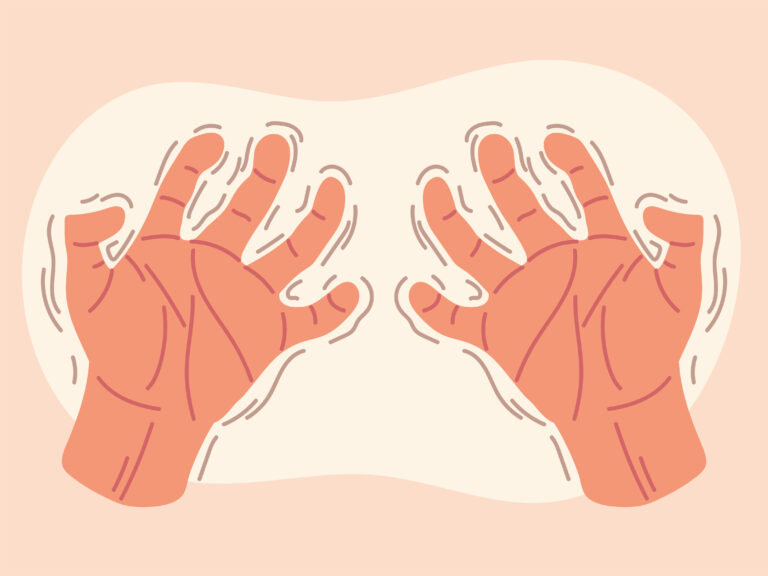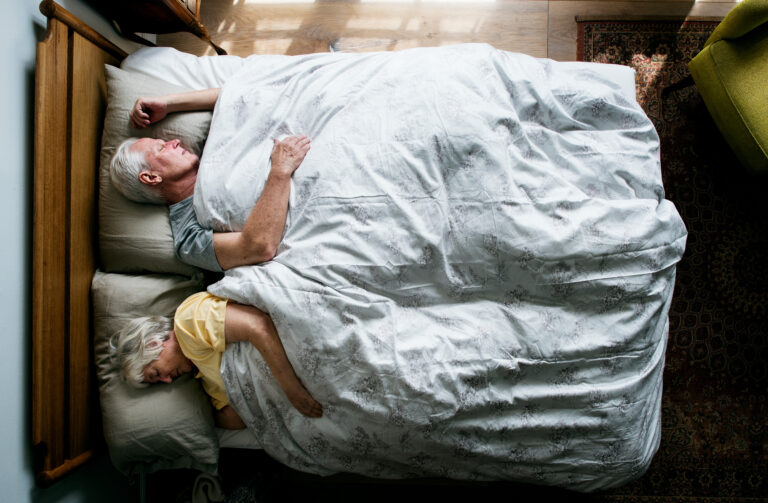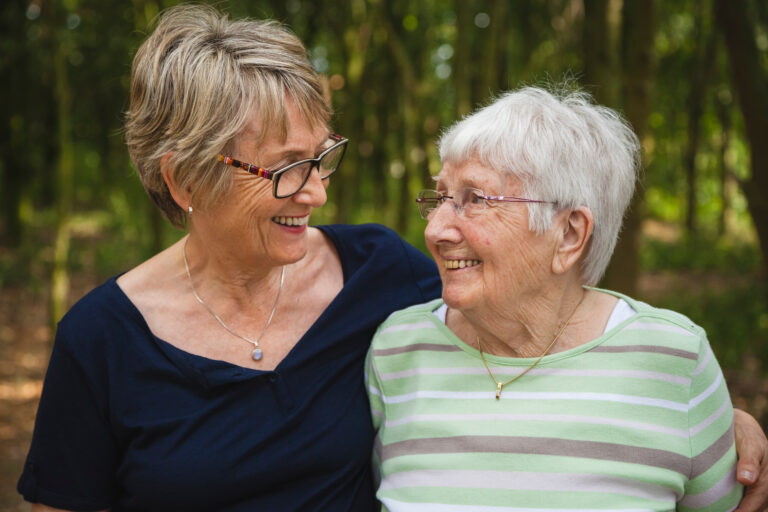Sunlight exposure plays a significant role in influencing memory and cognitive function in seniors, primarily through its impact on vitamin D synthesis, circadian rhythm regulation, and mood stabilization. These factors collectively contribute to brain health and memory performance in older adults.
One of the key ways sunlight affects memory in seniors is through the production of vitamin D, a hormone essential for calcium regulation and brain function. Aging adults often experience reduced vitamin D levels due to less time spent outdoors and decreased skin synthesis efficiency. Research using aging rodent models has demonstrated that higher vitamin D intake improves hippocampal-dependent learning and memory tasks, such as maze navigation, by enhancing synaptic transmission and gene expression related to cell communication in the hippocampus, a brain region critical for memory formation[2]. This suggests that adequate sunlight exposure, which boosts vitamin D levels, may help preserve or improve cognitive function in seniors.
Beyond vitamin D, sunlight exposure influences circadian rhythms—the body’s internal clock that regulates sleep-wake cycles. Proper circadian regulation is crucial for memory consolidation and overall cognitive health. Studies in older adults with dementia have shown that exposure to biodynamic lighting, which mimics natural sunlight patterns, improves sleep quality, mood, and reduces agitation[1]. Better sleep quality is directly linked to improved cognitive function and memory retention, as poor sleep is associated with depression, anxiety, and cognitive decline in seniors.
Sunlight also affects mood by modulating serotonin levels, a neurotransmitter involved in happiness and cognitive processes. Reduced sunlight during darker months can lead to Seasonal Affective Disorder (SAD), characterized by depression and lethargy, which negatively impacts memory and cognitive performance in seniors[4]. Increasing natural light exposure or using bright indoor lighting can alleviate these symptoms, thereby supporting better cognitive function.
In addition to these mechanisms, sunlight exposure may indirectly support memory by encouraging outdoor physical activity and social interaction, both known to enhance brain health in older adults. Physical exercise increases blood flow to the brain and promotes neurogenesis, while social engagement helps maintain cognitive reserve.
Emerging research also explores the use of AI-based lighting systems tailored to individual preferences and physiological signals to optimize indoor light exposure for seniors, potentially slowing cognitive decline[1]. While long-term studies are needed, these innovations highlight the importance of light environment management in memory care.
In summary, sunlight exposure benefits memory in seniors through:
– **Vitamin D synthesis**, which supports hippocampal function and synaptic plasticity[2].
– **Circadian rhythm regulation**, improving sleep quality essential for memory consolidation[1].
– **Mood enhancement** via serotonin modulation, reducing depression-related cognitive impairment[4].
– **Encouragement of physical and social activities**, which promote brain health.
Maintaining adequate sunlight exposure, combined with lifestyle adjustments such as proper lighting, physical activity, and social engagement, forms a comprehensive approach to supporting memory and cognitive function in older adults.
—
Sources:
[1] Arizona State University, Better lighting can boost sleep, mood in dementia patients, 2025
[2] Proceedings of the National Academy of Sciences, Vitamin D prevents cognitive decline and enhances hippocampal function, 2014
[4] The Supportive Care, The Impact of Seasonal Affective Disorder on Seniors and How to Manage It, 2025





